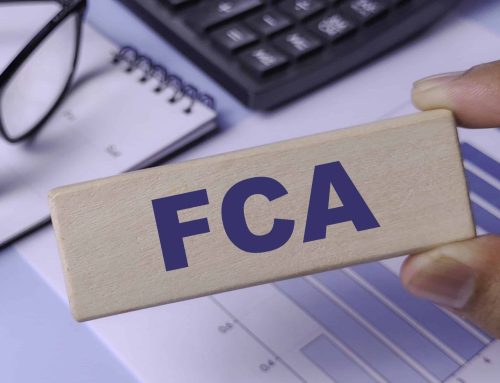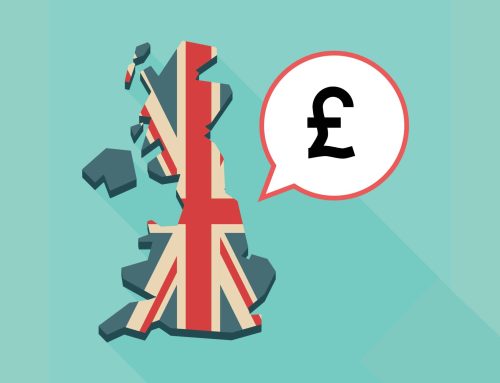
Business loan rates in the UK are determined by a wide variety of factors. But these factors largely depend on where you’re getting funding from.
The interest rate for a loan from a traditional bank is mostly influenced by the Bank of England’s official base rate, which is updated every six weeks.
Whereas interest rates from small business loan lenders are more dependent on a business’s health and credit rating. The Bank of England has minimal impact on their rates.
Let’s determine the key factors that influence business loan rates in the UK.
Traditional Banks
Traditional bank business loan rates are heavily dependent on the Bank of England base rate. This is the interest rate they set for lending money to commercial banks, who then lend money to the wider public for personal loans, mortgages, and business loans.
The Bank of England sets their rate to manage inflation and keep it at the 2% target set by the government. If interest rates are higher, people reduce their spending, save more in high-interest bank accounts, and the cost-of-living prices should theoretically drop due to a decreased demand.
Other factors also influence bank interest rates. It could change based on the bank’s policies, your creditworthiness, length of trading, or homeowner status. Anything that makes your business a higher risk to lend to will increase interest and your monthly repayments on a loan.
Small Business Loan Lenders
Small business loan lenders work slightly differently in setting their rates.
They’re independent from the base rate as they don’t get funded by the Bank of England, so they have more freedom in setting their interest rates for customers.
These lenders put more emphasis on a business’s health and credit rating when determining the cost of their finance products. They assess how likely you are to repay the finance on time and in full by reviewing your bank statements and full filed accounts.
This is not to say you’re less likely to get approved with a small business loan lender than the bank. The opposite is true – lenders are more flexible with their eligibility criteria and pay out much faster. But you should expect higher business loan rates for their service.

Where Are the Lowest Business Loan Rates?
Traditional banks are more likely to offer lower interest rates. They have stricter eligibility policies and therefore fund lower-risk businesses. This mostly includes long-established businesses that have a strong trading history and credit rating.
Small business loan lenders will charge higher interest rates as they fund businesses of different sizes and trading lengths. They also work with businesses of varying credit scores, non-homeowners, and directors who simply want financing faster than the bank can provide.
The best lender for a loan will vary from business to business. That’s why it’s critical to explore different finance options and check what funding your business is eligible for. This will determine your funding route.
You can check your eligibility for a business loan here. Crispcap offers different types of loans with flexible repayment terms for a variety of businesses. You could be eligible for a higher loan amount than you think.




